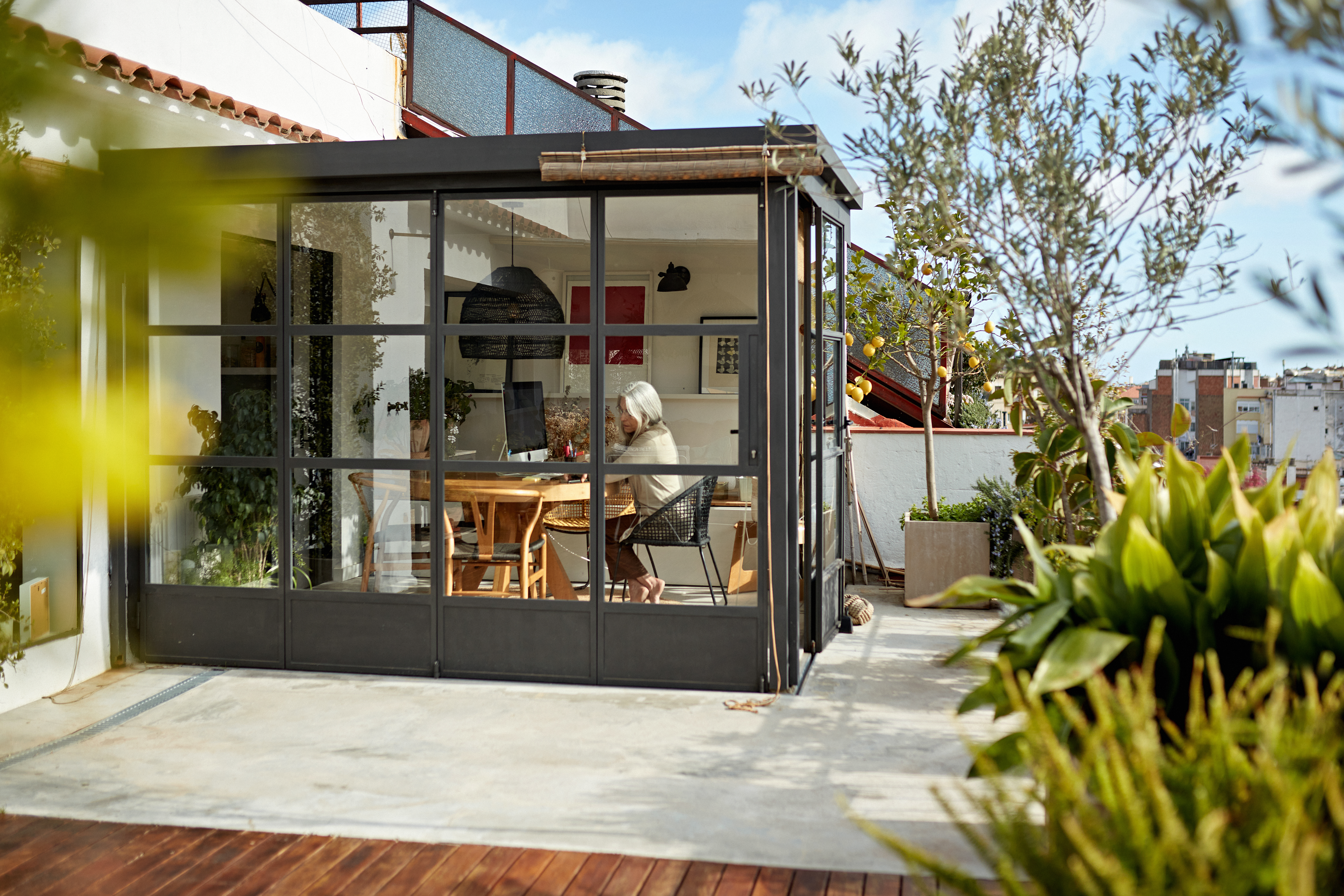Addressing access-to-capital crisis for underserved St. Louis.
Attention to equity and inclusion for underserved communities of color is more pronounced today than ever. In recent reporting by Peabody Award-winning journalist Aaron Glantz, some stark statistics show that discriminatory lending practices still persist.
For those in the African American community, this comes as no surprise. But readers may be surprised to learn that, shockingly, the gap between African American home ownership and white home ownership is wider today than in the Jim Crow era. In fact, systemic racial biases are essentially built-in to credit score algorithms and underwriting resulting in a continuing access-to-capital crisis for underserved communities.
Communities of color are disproportionately denied for lending products such as second mortgages or home equity lines of credit because credit scores include latent discriminatory filters. Further, interest rates are higher for borrowers with lower credit scores; and if credit scoring has biases against communities of color, then the unwarranted higher cost of capital acts as a redline tax. Black families pay more because of systemic biases in traditional lending.
Today, what is needed are new approaches to finance that are not weighed down by past systemic inequities and redlining. One St. Louis program, Set the Pace St. Louis, is trailblazing a new financial tool providing relief and much-needed capital for our underserved neighborhoods.
Home ownership and the capacity to invest in and maintain a family’s biggest asset — their home — is a critical part of wealth development for communities. The city’s Property Assessed Clean Energy program, known as Pace, is meeting this need by providing financing for vital energy and maintenance repairs and improvements. The program covers 100% of the costs for new heating and cooling systems, roofing, windows and doors, and other energy improvements — part of hundreds of projects that have been completed in north city.
In fact, what is noteworthy about the Pace financing tool is that the terms and rates are the same for everybody — no matter what ZIP code residents live in. This stands in stark contrast to traditional lending models that often fall short of meeting the capital needs of our communities.
Set the Pace St. Louis is also ensuring the program’s economic opportunities are available for local minority- and women-owned contractor companies. For the last four years, program administrator Ygrene Energy Fund has conducted numerous training sessions and pre-apprenticeship workshops in partnership with Mokan, our region’s leading minority- and women-owned contractor assistance center. In 2017, Mokan recognized Ygrene Energy Fund with a Community Partnership Award for the administrator’s commitment to equity and inclusion.
Where traditional lending institutions and mortgage banks have been shown to lend disproportionately to whites and not to Blacks, the Pace program has helped address the access-to-capital problem by providing financing for African American families for critical home improvement and maintenance needs.
Set the Pace St. Louis shows promise as a forerunner of a revolution in finance. With rates and terms the same for all program participants, this simple fact makes Pace more equitable than other financing solutions.




